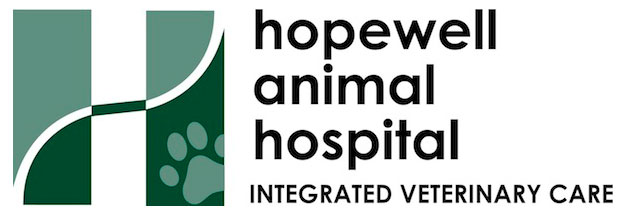What about our feline friends? Cats can similarly be sensitive to certain foods, such as alliums, but according to the FDA, they are pickier eaters than dogs, and are less likely to eat something that will make them sick. Any food not specifically formulated for cats can affect the digestive system, causing vomiting, diarrhea, or loss of appetite. Here’s a list of some human foods can cause serious illness in your cat:
Alcohol
Cats can not only get drunk, but it can also easily cause severe liver and brain damage. As little as a tablespoon of any form of alcohol can put an adult cat in a coma; more than that can kill them.
Chocolate
The compound in chocolate that is of major concern is theobromine. It’s in all forms of chocolate, and most concentrated in dark chocolate and unsweetened baking chocolate. Consumption can cause heart arrhythmias, muscle tremors, or seizures. Chocolate also contains caffeine…
Caffeine (Coffee, Tea, Energy Drinks)
Coffee, tea, energy drinks, chocolate, and other caffeinated drinks and foods can cause your cat to become restless and have rapid breathing, heart palpitations, and/or muscle tremors.
Dairy Products
Cats can become lactose intolerant when they become adults. Their bodies no longer produce enough lactase to digest milk—especially cows’ milk. If ingested by cats, dairy products can cause vomiting and diarrhea.
Fat Trimmings, Raw Meat, Eggs, Fish
Please consult your veterinarian or a veterinary nutritionist first before adding these foods to your cat’s diet. There is risk of vomiting, diarrhea, Salmonella or E. coli with these foods for some animals, especially when given improperly. Fat trimmings can also cause pancreatitis in cats.
Alliums
All members of the garlic and onion family can cause problems if eaten in sufficient quantity. A small amount of onion or garlic in some sauce is not likely to cause problems. However, eating a clove of garlic or a green onion may cause digestive upset. Eating any type of onion on a regular basis could cause anemia.
Baby Food
Baby food made from meat is often seasoned with onion or garlic, so it should not be fed to cats.
Tuna
Tuna as an ingredient in commercially produced cat food is perfectly fine for cats. However, tuna sold for human consumption may cause digestive upset when given as an occasional treat in small amounts. It can even cause a painful condition called steatitis, or inflammation of the body’s fat, when fed to cats on a regular basis. Tuna has too much unsaturated fatty acid and does not have sufficient vitamin E or other antioxidants, whereas commercial cat foods usually supplement vitamin E.
For more information see this article from PetMD: https://www.petmd.com/cat/emergency/poisoning-toxicity/e_ct_human_food_poisoning
If you suspect your pet has ingested something toxic, we are available for any emergency during the day during regular office hours (Monday/Weds: 8:30am – 7:00pm, Tues/Thurs/Fri: 8:30am – 5:00 pm, Saturday: 8:30am – 3:00pm. If you feel that your pet is in an emergent situation please try to call before you come in so that we can prepare for your arrival.
In the event of an emergency, or if you have a question or concern after hours, we are available through our answering service at 845-431-9070. The service will page a doctor and we will return your call.
IF IMMEDIATE CARE IS NEEDED AFTER HOURS, WE RECOMMEND GUARDIAN VETERINARY SPECIALISTS IN BREWSTER: 914 704-3400
This hospital is open 24/7 and is staffed by a veterinarian at all times. They are located at 4 Hardscrabble Heights Brewster NY 10509
Please inform us if you do take your pet to any emergency facility so we can update our records and provide any needed follow up.
Other Area Emergency Facilities include:
Flannery Animal Hospital Newburgh NY
Taconic Veterinary Center Cortland NY
ANIMAL POISON CONTROL
ASPCA poison control hotline: 888-426-4435
www.aspca.org/pet-care/animal-poison-control
24/7/365 coverage
